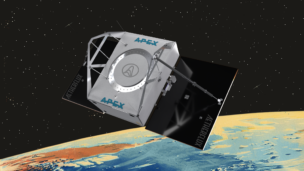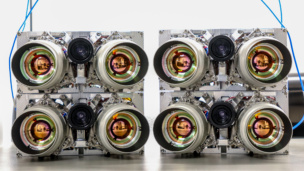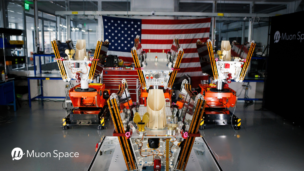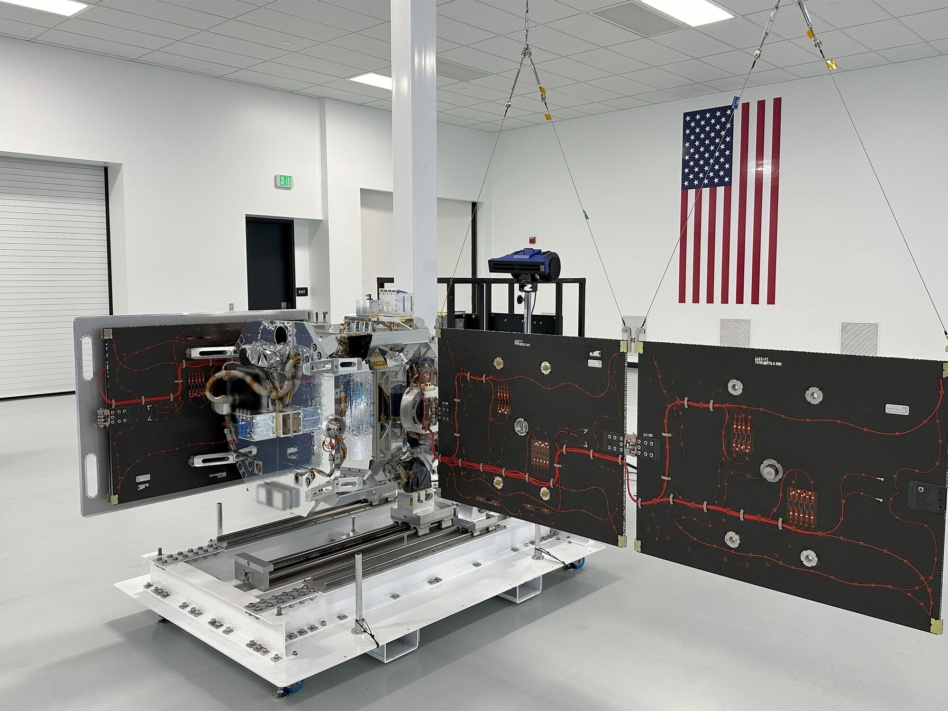Astroscale has hunted down its targeted space debris and is now within paparazzi distance.
The debris removal company announced Wednesday that its ADRAS-J mission has successfully executed its debris rendezvous maneuver and is now gearing up for a proximity approach.
Rendez-who: JAXA tasked the Tokyo-based startup with inspecting a second-stage H-2A rocket that has been floating in orbit since 2009.
- The spent rocket is not equipped with GPS, making the rendezvous and proximity operations (RPO) much more difficult than controlled demo environments.
- Astroscale relied on limited ground SSA observations to hunt the second-stage debris down, taking extra care to avoid a collision.
Tinker tailor soldier spy: During the rendezvous, ADRAS-J raised its orbit multiple times and is now sitting within several hundred kilometers of the upper stage, snapping pictures of the H-2A relic of launch past.
Astroscale is preparing to move in for a close approach, where it will circle the target debris and snap photos of its condition. Astroscale said it will complete the mission by the end of next month.
“This brings us one step closer to further advancing our RPO capabilities and our understanding of space debris, reinforcing our commitment to the sustainable development of space,” said project manager Eijiro Atarashi.
Astrojunk: The company has much larger career ambitions than private investigator. Astroscale aims to tackle the growing orbital debris problem by latching on to stray spacecraft and deorbiting them—and it’s expected to conduct a follow-on mission to remove the H-2A rocket body that’s currently in its crosshairs.
+ Going public: The company is exploring a Tokyo public listing as soon as June, Reuters reports.





